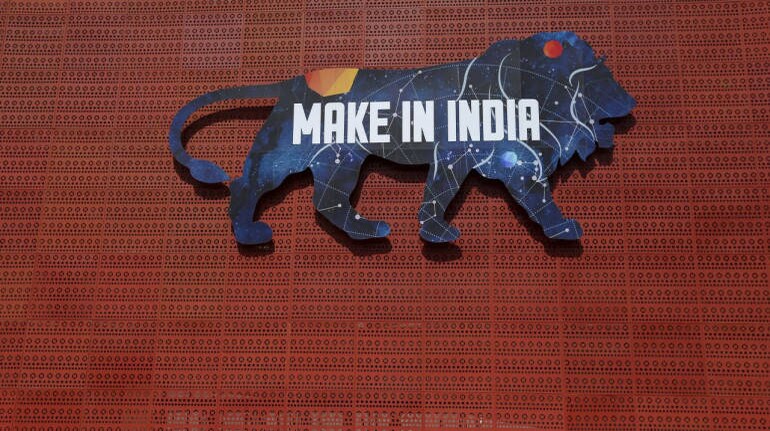http://sharetipsinfo.comJust get registered at Sharetipsinfo and earn positive returns

While we have a favourable external environment with most global buyers looking to hedge their bets outside China, India must trigger a quality revolution among its manufacturers in order to grab this opportunity 
One of the foremost striking contrasts for global buyers in sourcing products from India vis-a-vis China remains an astonishing lack of attention to quality among an enormous majority of Indian manufacturers. This problem is acutely pronounced in the small and medium scale manufacturing (MSME) sector.
For example, within the apparel and textiles sector, India is home to several world-class and quality-conscious manufacturers. Similarly, other industries even have top-quality manufacturers.
It is outside the big-league players that we see a precipitous decline in adherence to the worldwide quality standards. Contrast this with China, where there's no shortage of small or midsized firms following the strict us and European standards of quality.
The pandemic brought now home once more. In early 2020, because the demand for three-ply masks shot through the roof round the world, our teams struggled to seek out even a couple of manufacturers from India who were making masks that met the US FDA’s or EU CE standards for exports. as compared, many such factories in China — a majority of them small or midsize units — were readily producing their FDA/CE certification on demand.
This experience, among others, has led us to conclude that poor quality control remains perhaps the most important self-inflicted barrier to the expansion of Indian exports. this is often a drag area that needs attention and therefore the gaps got to be addressed.
Also, Read | Investment Diversification with Commodity Mutual Funds
To begin with, we'd like to recognize that quality, like charity, begins reception. Most Indian small-scale units were found out to satisfy domestic or local demand, and that they have bought into the self-perpetuating myth that Indian customers are fine with goods of lower quality.
Garments and apparel manufactured in India and sold in Indian retail stores are rarely tested vigorously for strength, stretchability, and tear resistance of the material. this is often readily apparent to anyone in India who has bought a pair of jeans or shirt from the US or Europe — the difference in quality is stark. this is often changing, but not at the pace where Indian brands are often considered globally competitive.
Now, when these very manufacturers aim for growth through exports, they're seldom conscious of quality standards demanded by foreign buyers. In other cases, they decide that implementing higher quality control in factories isn't well worth the significant time and investment for a gift within the distant future.
Education and awareness-building are the keys to addressing this issue at a private unit level. In some cases, local associations have also played an important role. In Ahmedabad, Gujarat, an association of chemical and pharma manufacturers formulated a group of world-class standards for effluent treatment and disposal, which were then mandated for all member units. Pressure from industry peers eventually forced all units to take a position as inexpensive yet effective waste treatment plants, allowing their products to pass even the strictest sourcing requirements from buyers around the world. Exports took off, and every one unit earned a handsome return on their investments.
While the manufacturers don an enormous share of the responsibility to take care of global standards of quality, there's important work to be done by other stakeholders also. Most critically, we'd like a radical overhaul of our domestic standards enshrined under ISI/BIS, bringing the standards themselves also as procedures for checks and audits as on the brink of their global counterparts as possible. Our domestic standards are outdated or weak and are seldom accepted by international buyer of repute.
Even if we were to concede that an entire overhaul of the ISI/BIS specifications could also be a long-drawn and tiresome process, the work at hand also can be accomplished by a myriad of government-funded ‘export promotion councils’, who can each undertake promulgation and audit of world-class standards for industries and units falling under their respective jurisdiction.
For India to be a key player in global exports it necessitates a pervasive attention and adherence to global standards of quality, particularly among small scale manufacturers. While we've a favourable external environment with most global buyers looking to hedge their bets outside China, India must trigger a top quality revolution among its manufacturers so as to grab this chance .